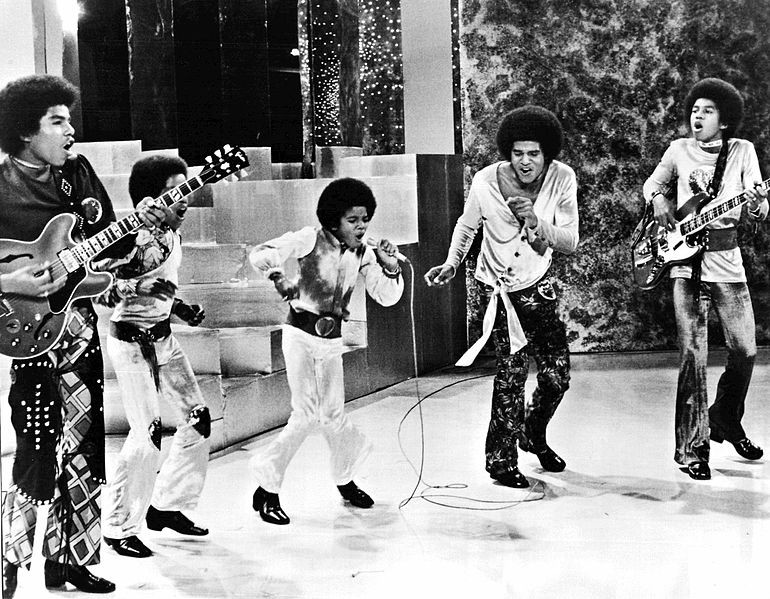“I Want You Back” Is Back

Forgive me for forgetting: last Tuesday was the 45th anniversary of the release of the Jackson 5’s “I Want You Back,” ranked 121 on Rolling Stone’s list of greatest songs of all time, ninth on their list of Best Pop Songs Since 1963, and listed in the Jazmine Hughes Quarterly as one of the things considered to be damn near perfect (other entries: When Harry Met Sally, Mingus Ah Um, the chicken pad thai found at Jasmine Thai, in New London, Connecticut).
I’ve missed out on a lot of pop culture, which is unfortunate since I’m obsessed with it. I never hesitate to insert myself into any conversation about it, using background information gleaned from VH1’s I Love the 80’s and other talking head programs as my fuel. Earlier this year, I was consumed with the idea of designations of “best” or “most important” — since I was already 22 years behind, I only had time to catch up on good stuff. So I started poring over “best of” lists, collated, of course, to organize our history, to make sense of trends, and to track changes, but also to incense and infuriate, to spark discussions and cause disagreements. Any discussion of a pop culture ranking list ultimately culminates in “they’re wrong!”/”I’m right!”-based exasperation, resulting in more click-throughs, more copies sold, more times the name of the publication leaves your mouth, all in an effort to prove your point. Arguing with them — — the arbiters of best, whoever they are — — is exactly what they want.
(But seriously, Rolling Stone, 121?! Are you kidding me?)
So let me make my case. What makes “I Want You Back” such a good song, a JHQ best? The piercing glissando that starts the song instead of ending it, a virtual fuck-your-big-finish-this-is-our-big-start? The augury of the power of the Corporation, Motown’s brilliant record production team, which blasted into existence with this song, spinning out “ABC” and “The Love You Save” soon after? The unassailable danceability, what the Telegraph once called “certainly the fastest man-made route to pure joy,” that fills the listener with a near-violent need to snap and bop along? I’m no musician, so I don’t know what the oft-celebrated “chord progression” is — — but listen to Wilton Felder’s isolated bassline and tell me that’s not funky as shit.
The easy, and correct, answer is Michael himself; the song, originally intended to be tackled by Diana Ross or Gladys Knight, took on a newfound lightness when sung by a child: Trying to live without your love is one long sleepless night / Let me show you, girl, that I know wrong from right / Every street you walk on, I leave tear stains on the ground / Following the girl I didn’t even want around. Who knew playground romances could be so nuanced? But that’s the important thing: Michael was nuanced, deep even; listen to him sing — — nay, plead — — “Oh baby, give me one more chance” and tell me he’s not just as emotive as Diana or Gladys would’ve been, if not more.
The clearest manifestation of Michael’s strength is how lackluster the song is without him; even 45 years after its release, the song is still everywhere. Jay-Z sampled the beat for “Izzo.” Biggie reappropriated the song’s lover’s plea into a plea for his sexual prowess. Lil’ Romeo, one of hip-hop’s answers to music’s never-ending precocious question (see also: Aaron Carter, Justin Bieber, Frankie Lymon, Charlotte Church), and the reason why I remembered this anniversary (DON’T JUDGE ME), sampled the song for “My Baby,” a move so successful that it catapulted the song to the top of the Billboard 200, making him the youngest person to hold the #1 spot — — a title previously held by Michael Jackson. But none of them come close to capturing that magic of tweenage ebullience, of joyous sorrow, of a boy who knows the pain of a man. You may not find the song perfect, but give it one more chance.
Image courtesy of Wikimedia Commons.